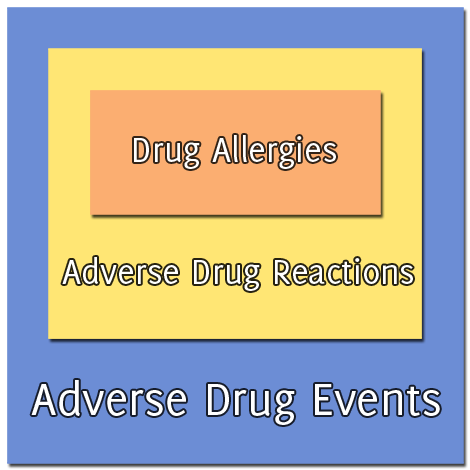Chronic pain and its management are complicated topics, both for sufferers and those who care for them. Thank you for your feedback on the previous post and appreciating the spirit in which the information was provided. There were many interesting questions presented, and I’d like to address two topics raised in some detail.
You don’t have to be a drug seeker to be drug addicted.

Here’s a point many chronic pain patients don’t think about that emergency room (ER) staffs have to. Even if you’re not a drug seeker, you can still be physiologically addicted to drugs. Of course your ER physician cares about your mental intent, but s/he has to be cognizant of the possibility or reality that your body might be addicted. One reason this is especially relevant is the development of tolerance, which is an important sign of addiction.
Specifically, tolerance is the phenomenon by which those physiologically addicted to a substance don’t get the same effect by giving what had previously been an effective dose. So what? This means over time you will require increasing amounts to get an effective amount of relief (i.e. equivalent to previous effects).
So… as a patient suffering from pain, you’re focusing on the fact that you’re not relieved of your pain. Your ER staff is focused on the reality that increasing amounts of certain pain medications (i.e. narcotics) come with increasing amounts of side effects, more notably respiratory depression, meaning a high enough dose can knock out your ability to breath and will kill you. This is a major reason why there are limits as to the amounts and frequency of what will be given to you in an ER setting. Once you’ve been given a certain amount, many physicians will simple stop giving additional amounts regardless as to how you feel – unless we are able to specifically discuss your cases with your primary or pain management physician, who may explain your circumstance and help decide if additionally amounts are needed. This also explains why you’re more likely to get “better” treatment during regular business hours than in the middle of the night; those conversations with other members of the team are important.
The allergy vs. adverse drug reaction question:

In a previous post, I commented on patients equating preference or side effects with allergies, and several readers have asked for clarification (e.g. “Why isn’t that side effect the same as an allergy?). An example that relates to pain is some patients’ preference of various narcotics. For some, morphine routinely makes many people itch. This is an expected side effect and is not the same as an allergic reaction. Morphine also makes some patients feel “bleh,” especially when compared with such medicinal options as Dilaudid or Demerol which are more “happy drugs.”
Even so, these drugs have different effects that would make a physician choose one over the other. For example, morphine is actually a drug of choice for pain exacerbations associated with sickle cell anemia due to its effects at the cellular level, so in many cases, physician will prefer to use morphine despite patient preference. In any event, your job is simply to have the conversation with your physician. Don’t claim an allergy if one doesn’t exist; simply discuss the reasons why one medication seems to work better than the other. You likely will find a much more receptive audience taking this approach.
Feel free to ask any questions you may have on this topic.
Order your copy of Dr. Sterling’s new book Behind The Curtain: A Peek at Life from within the ER at jeffreysterlingbooks.com, iTunes, Amazon, Barnes and Nobles and wherever books are sold.
Thanks for liking and following Straight, No Chaser! This public service provides a sample of what http://www.SterlingMedicalAdvice.com (SMA) and 844-SMA-TALK offers. Please share our page with your friends on WordPress, like us on Facebook @ SterlingMedicalAdvice.com and follow us on Twitter at @asksterlingmd.
Copyright © 2016 · Sterling Initiatives, LLC · Powered by WordPress


